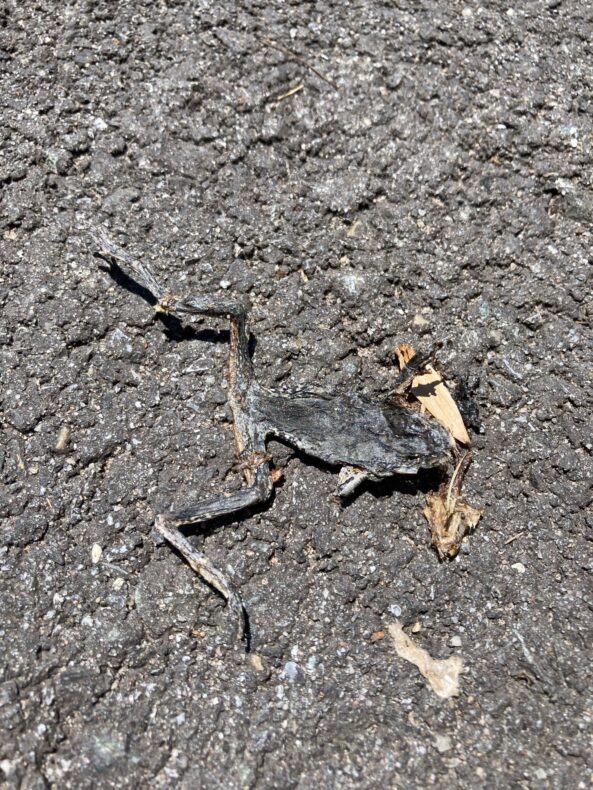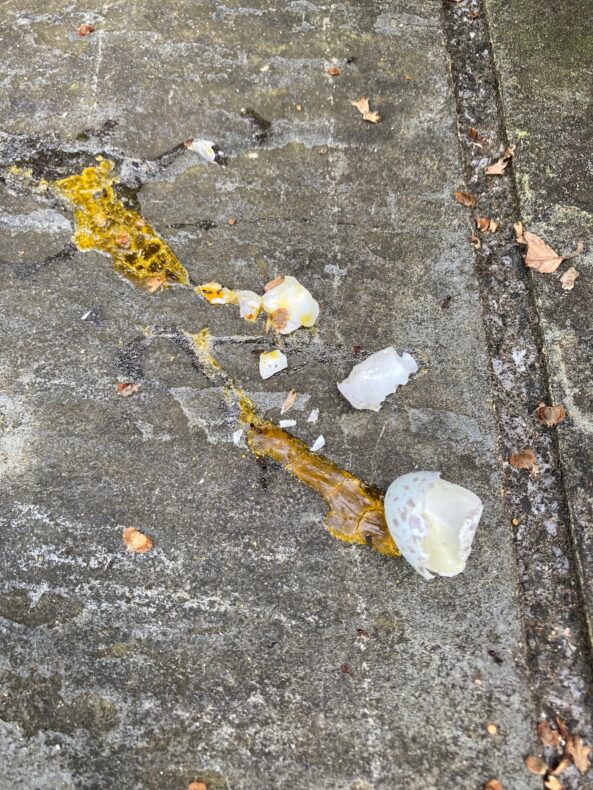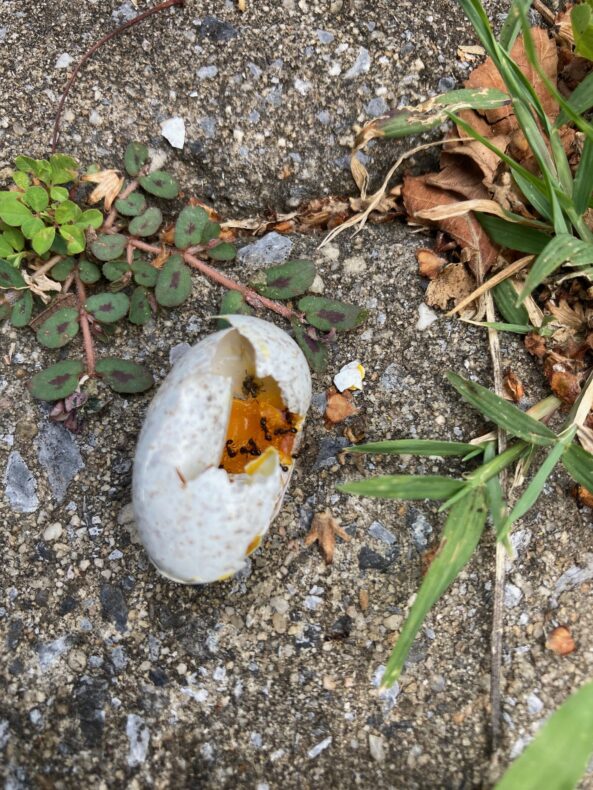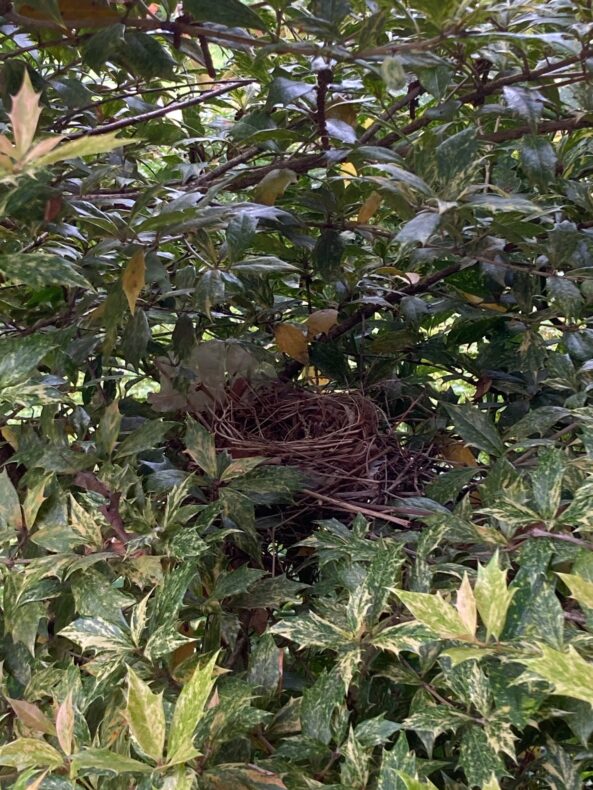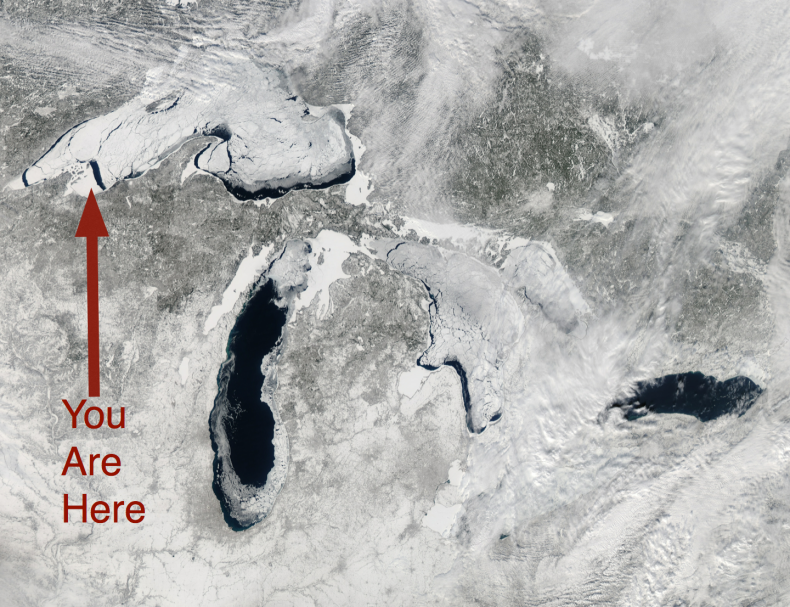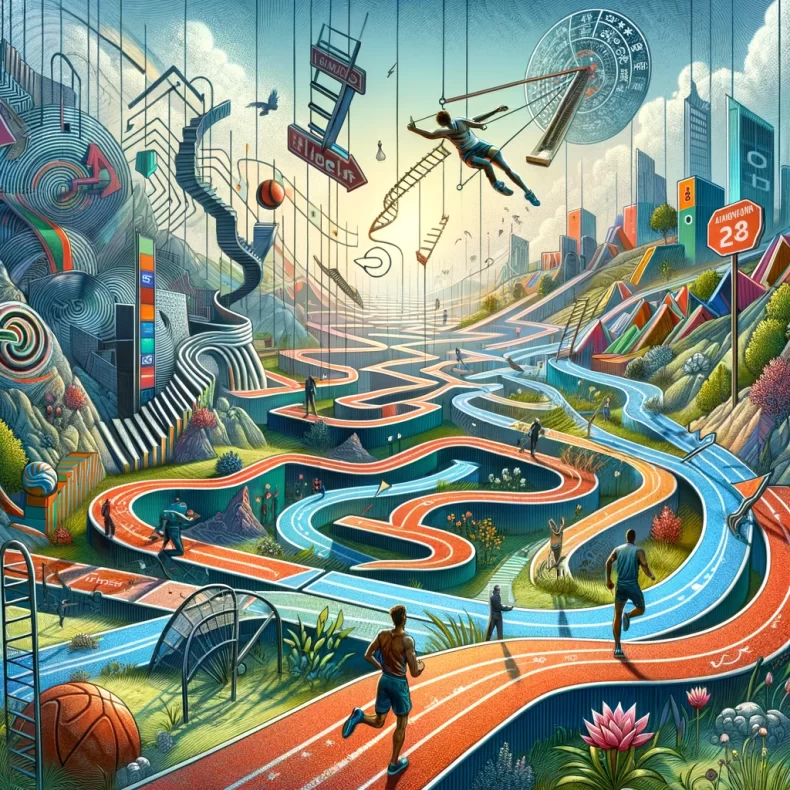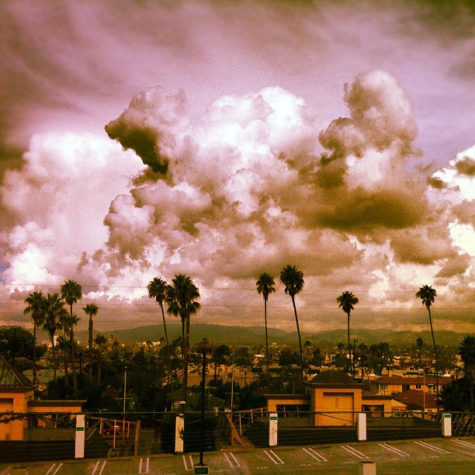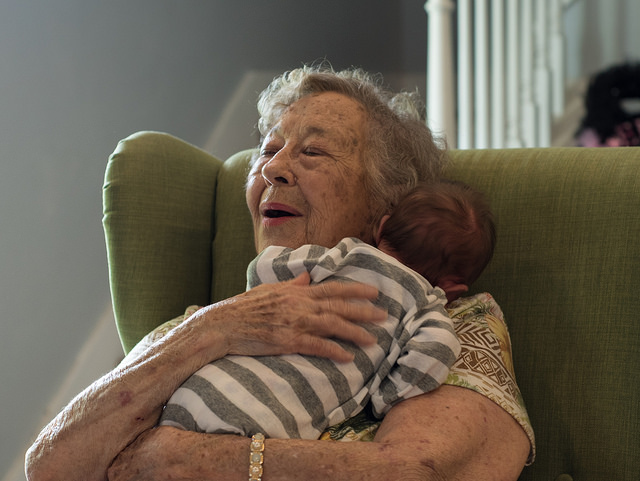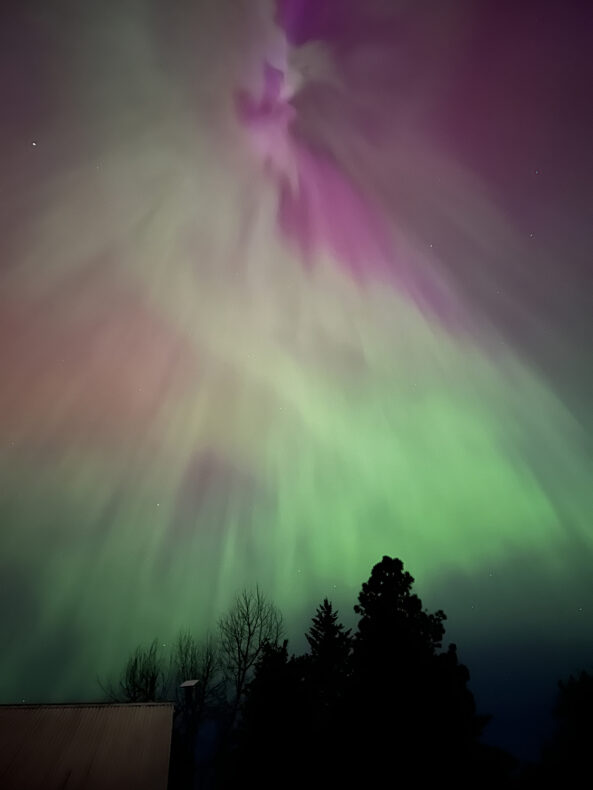Since I wrote this, October 11, 2017, I’ve had time to thoroughly understand that yes, I’m definitely grandmother age; and yes, I’m used to it; and what I’m used to is the idea that while I’m increasingly someone who needs to be protected, I’m also increasingly a protector. Not that I go around protecting things — I pick up farmers’ market stuff for neighbors, that kind of thing, nothing energetic — only that I feel strongly about protecting things. STRONGLY. Like, I need to get between people and whatever might hurt them. Like, I need to tell people what I see in them, that they’re full of courage (Latin, cor, heart), they’re going to handle whatever it is, they’re just astonishingly beautiful and so are their parents and children and grandparents.
So I really want to see that UPS guy again and find out how he’s doing and what his plans are and how his grandmother is, and thank him again — and shouldn’t I have given him a good tip? I didn’t and I should have. Next time. He was a lovely young man and I hope he’s doing as well as he deserves, which is spectacularly well.
Last week I had a couple of snakebit days, the kind that are my fault entirely – like leaving (almost) the house with no makeup and no shoes. On one of these days I took a package to an UPS store, found out I would pay $50 to send a $50 present, decided what the hell I could go with it, and took out my little wallet with my credit cards to pay. Then the UPS guy said he’d mismeasured the package and I’d have to pay $90. And I thought long and hard before I realized how dumb I was to even think about it at all, thought #1. So I said thank you anyway but no, and picked up my package and left. And didn’t realize I’d left my wallet there until the next day.
So I called the store and the guy said, “Yes, it’s here, I was trying to reach you but couldn’t.” I thought about that too: in that wallet were several credit cards, a bank card, all my insurance cards, my driver’s license, and therefore my credit card numbers with identifiers, birth date, social security number, hair color, weight, height — everything about me but a phone number. I.e., thought #2: life in the modern age is weird.
So I went back to the UPS store and identified myself by name and the same UPS guy as yesterday said, “Here you go,” and handed me the wallet with everything intact though in different order because he had to look through it. “Listen,” I said, “I can’t tell you how much I appreciate this. Thank you so much.” “You’re welcome,” he said. Then I had thought #3: this guy had done me an enormous favor, given me back my whole identity, and taken some time and effort to do it. So I said, “You’re such a good guy to have tried to reach me and to keep all these cards for me. Not everyone would have done that.”
“No problem,” he said. “I just thought, ‘what would I want somebody to do for my grandmother?’ and that’s what I did.” Thought #4: his grandmother? His GRANDMOTHER? Oh really come on now. I don’t look like anybody’s grandmother. Do I look like a grandmother? Do I look like one of those old ladies who, back in my youth, I would have pitied for their lost bounce and beauty? Am I an old lady? Am I pitiable?
Thought #5: I maybe should stop thinking about myself for a little minute and look at the UPS guy. And by golly, he’s of an age where I could indeed have been his grandmother. So I say, “Well, thank you again,” and he says again, “It’s how I’d want someone to treat my grandmother.” I remember that I loved my own grandmothers and some of my best friends are grandmothers.
Thought #6: the UPS guy is a young black man. Baltimore’s young black men are famous for dealing drugs, belonging to gangs, shooting each other and anybody else, making babies they don’t support, being unemployed, dropping out of school. But because I live here, I also know that this profile, while not wrong, is also the one that sells newspapers and TV ads and several series of videos. It is also a profile that Baltimore’s black community does not fit. Moreover, I know that in fact, Baltimore is a family town, black and white both, the generations know each other and stay in touch, they watch out for each other. So the UPS guy really is, by taking care of me, thinking about his very own grandmother. I say, “You’re such a good guy, I hope UPS appreciates you,” and I walk out through the door.
Thought #7: I sit quietly in the car, considering my grandmotherhood. I have no blood-related grandchildren and never will. I have lots of surrogate grandchildren in whom I’m highly interested. I remember anthropology’s grandmother hypothesis, the one that says that evolution let women stay alive past the age when they could have their own children so they could help take care of their children’s children. I never quite believe anthropologists and I wouldn’t rule out a similar grandfather effect. But I’ve watched many young families whose grandmothers have saved the parents’ sanity and marriage and on some occasions have helped save the grandchildren’s lives. I think about the Chinese graduate students who live in my neighborhood, who come over to this foreign country and bring along their wives and husbands and children and grandfathers and grandmothers; and every day the grandparents take little grandchildren for a walk. I remember my own grandmothers, Hilda and Bertha, being in themselves options for how I could be in life. I still have so many questions for them. I loved them so much.
Thought #8: Ok UPS guy. I’ll be a grandmother. In fact, I’ll consider it a pleasure and an honor. I’ll be your grandmother too, if you like and if I ever see you again. I’d love that.

